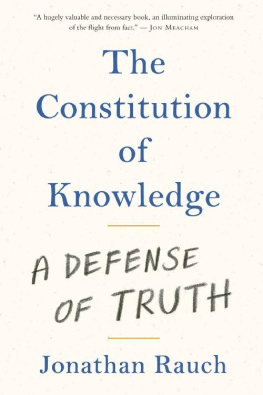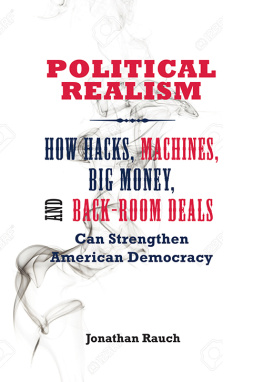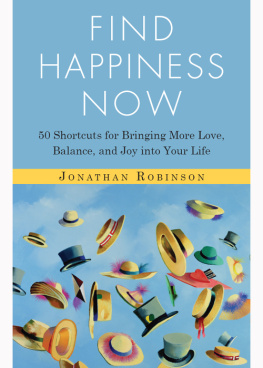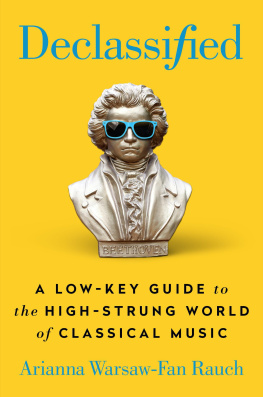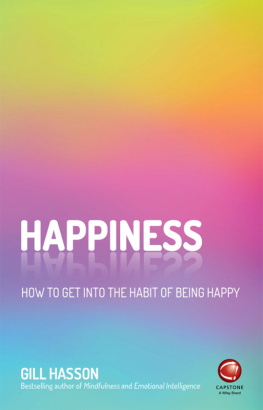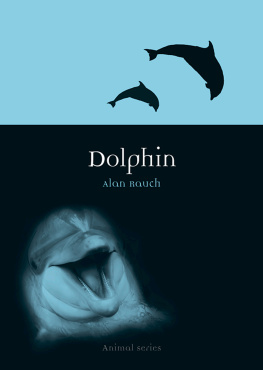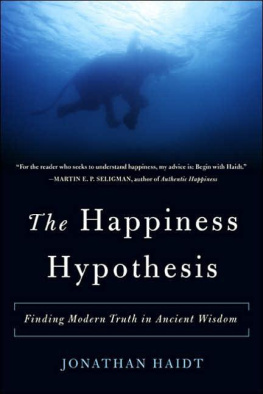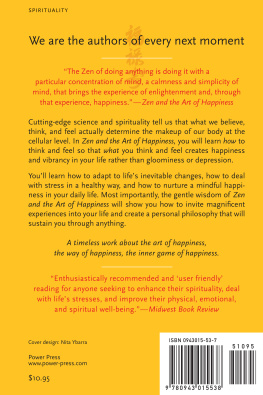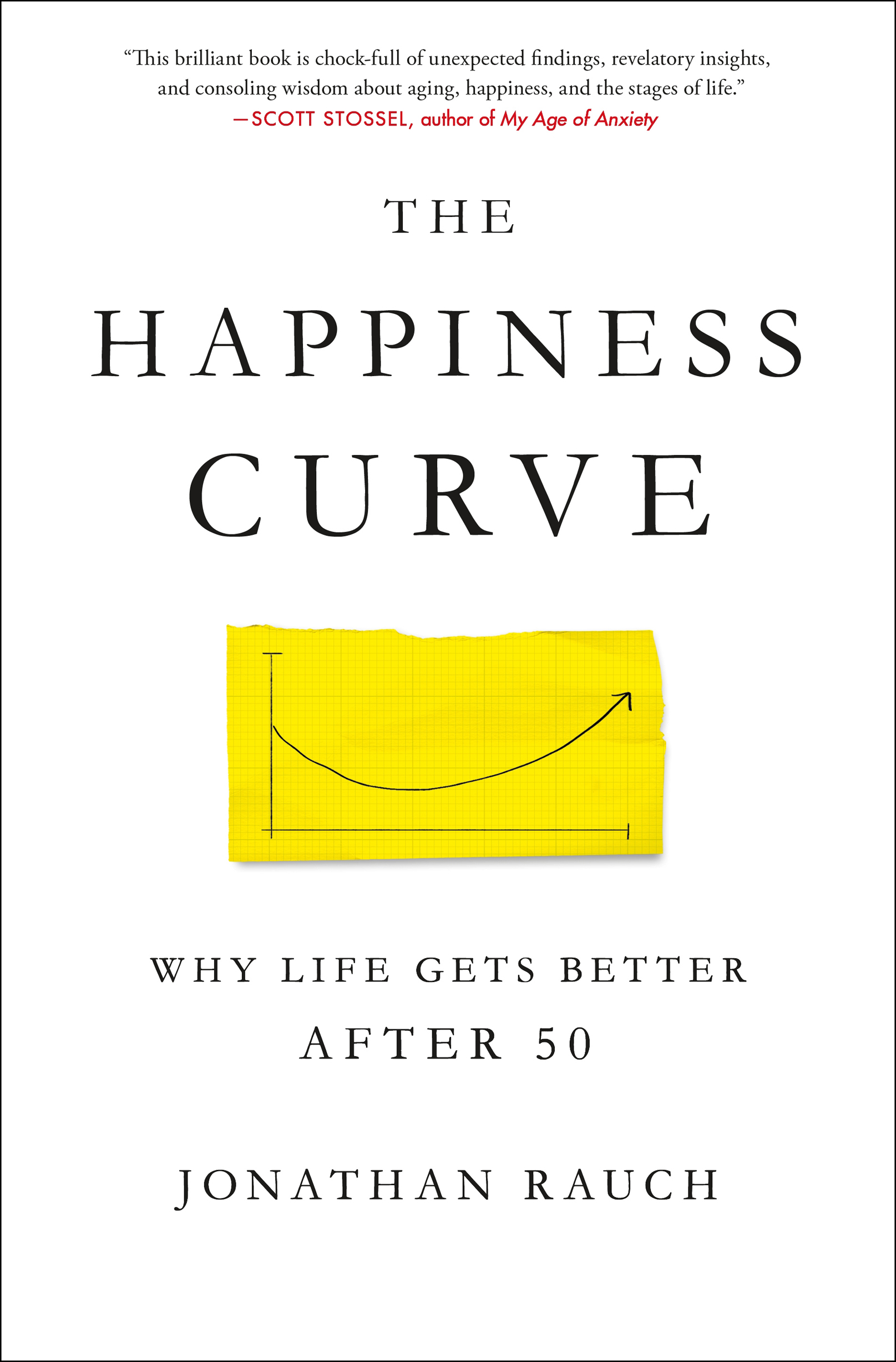Contents
Guide
Pagebreaks of the print version


The author and publisher have provided this e-book to you for your personal use only. You may not make this e-book publicly available in any way. Copyright infringement is against the law. If you believe the copy of this e-book you are reading infringes on the authors copyright, please notify the publisher at: us.macmillanusa.com/piracy.
For Oscar Rauch and Donald Richie
In loving memory
Thomas Coles journeyand mine
Karl is forty-five years old. He is a successful professional who works with a nonprofit organization in a major American city. He has a PhD, two kids, and an okay, though not perfect, marriage. He is friendly, personable, approachable. Mostly, he is pleased with the way his life has turned out. Middle height, brown hair, not someone you would notice on the street, except maybe for his partiality to skinny-brim fedoras. A nice guy.
Like a lot of people, he got off to an exciting start in his twenties. Finished graduate school. Moved to New York City, a whirlwind for a Midwestern boy. Wild, free, energetic are words he uses to recall that period. Staying out all night. Getting laid left and right.
His thirties brought responsibility, then predictability. Graduate school ended, the search for a job began; he split painfully with a bohemian, fascinating, mercurial girlfriend. It was the end of an era. His next girlfriend was more sober, solid. At age thirty-three, Karl had a good job at a government agency; at thirty-four, he married; at thirty-six, they had their first child, and a second followed when he was thirty-nine. After his twenties, responsibility was a jolt, but he adjusted well: For a long time I embraced it. It was kind of fun feeling like a grown-up doing the things I was supposed to do.
But then the complexion of his life began to change. Not the external circumstances: everything was going well. Something else seemed wrong. That story about being a grown-up, hitting all the marks: After a while it ceases to be very persuasive, and you begin to say, Oh, man, all this is, its fuckin work .
Karl didnt have time for a midlife crisis; by the age of forty he had two young kids and a brand-new baby. The circumstances sort of pushed off whatever reckoning Id have to do. But only temporarily. It felt like my life was for the most part either going to a job where I was increasingly unsatisfied, or it was going home and changing diapers and doing more work. He applied for higher-up, managerial jobs. Then he switched jobs altogether, leaving the government to launch a new project at a nonprofit. Giving up tenure at one of the worlds few really secure employers was a risk, but he felt he needed change. Its helped a bit. But quite frankly I think what Id really love to do is take off to someplace in Europe for a while by myself. He wont run away, of course; hes not the type. Its been more of a grabbing freedom at the margins.
Karl isnt depressed, at least not in any clinical or medical sense. He is a vibrant, fully functional individual who is, in many ways that count, living his dream. No, not depressed: dissatisfied. And dissatisfied about being dissatisfied. And, he says, scared .
For this book, I gave scores of people a questionnaire about their satisfaction in life, both in the present and at earlier ages. I asked them to rate their life satisfaction in each decade of life on a scale of zero to ten, and I also asked for a few words or phrases to describe each decade. Karl described his forties with the words confused, searching, scared .
I ask him: Why scared? He pauses, draws breath. What hes going through makes no sense. If his life were rotten, he would understand. But he has the things he wanted. He has more than he wanted, or more than he thought he wanted. Am I losing my mind? How am I going to get out of this? The feeling of being lost, for a type-A, overtly successful, highly intelligent human beingto find yourself completely at sea, and not knowing where port is, and whether youre going to get there He trails off.
I ask if he has considered going the medical route: therapy, medication? That might be necessary or valuable at some point, he replies, but it doesnt feel relevant now. Especially not the pharmaceutical route. I think I understand why: when I talk to Karl, I see no mental illness or instability or dysfunction. The disease model doesnt seem to fit.
Whom do you talk to about all this? Another pause. I have one dear friend who Ive brought it up with. Otherwise, nobody. You.
Not your wife?
I dont know how much she would actually get it. Besides, hed risk triggering alarm and disruption. It would be a shitstorm.
Friends?
It feels conceited to bring it up with them. I come from a pretty humble background in Pennsylvania. Theyd just kind of look at me and say, Jesus, youve got it all. What are you bitching about? I know people whove got cancer in their families. Midlife crisis is almost a punch line. Who wants to bring it up and feel like youre walking into a joke? And its also fundamentally so irrational . Am I hungry? No. I have fine clothes on my back; a beautiful office; way more freedom than almost anyone who has a job has. Beautiful home. Good health. So what the hell am I complaining about?
In the sentence that begins, Im dissatisfied with my life right now because, there is nothing after the because .
* * *
Dominic is a little older than Karl: fifty, rather than forty-five. Other than that, the two have a lot in common. They work in related fields, travel in overlapping social circles, and are acquainted professionally. They share salt-of-the-earth backgrounds: Dominic grew up on a rural farm. They both had exciting, eventful twenties, though Dominics were not as bohemian as Karls. Dominic married young, then took degrees from two of the worlds most prestigious institutions (one abroad), then worked in Congress.
Dominics thirties, like Karls, brought responsibility and predictability. He describes that period as goal-oriented, though unlike Karl he landed in a role he actively disliked. He established himself in a high-pressure business job, one which provided a handsome salary, but at the cost of seventy-hour workweeks. I had a growing sense of disconnect between the goals that were in front of me and what I felt was inspiring or valuable to me. I was working very hard and was adept at what I was doing but didnt feel good about myself for doing it.
Things came to a head for Dominic soon after he turned forty. He realized he would not make partner without taking on assignments that were even less to his liking. So, much as Karl did in his early forties, he made a jump into the nonprofit world. I loved the clients, I loved the colleagues; the cynicism that had built up in me completely dissipated. Professionally, he was in a good place.
Still, he felt discontent. In my forties, my wife and I grappled with, Well, things havent turned out the way we expected . I realized that my professional prospectsand so much of my identity was wrapped up in my worklikely arent going to change. By any measure I was successful, and there werent any particular ambitions I had that werent being fulfilled. But I began to observe that I just had a friend win a MacArthur Award, and a friend who was confirmed as a federal judge. You start to see peers assume positions and you realize that my career pathway is not going to lead me to that kind of outcome. There was in the early forties some gnashing of teeth over that.


